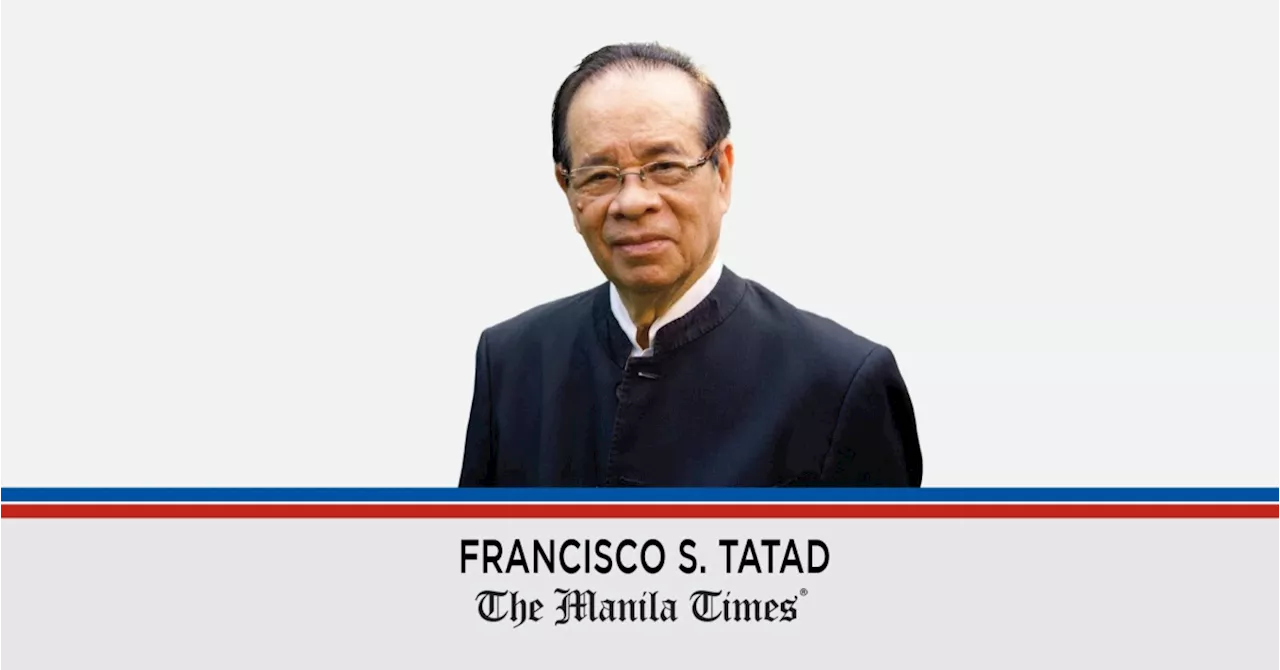President Ferdinand Marcos Jr.'s recent reorganization of the National Security Council (NSC), which saw the removal of prominent figures like Vice President Sara Duterte and former presidents, has raised questions about its purpose and effectiveness.
The unexplained haste with which President Ferdinand Marcos Jr . recently reorganized the National Security Council ( NSC ), by removing Vice President Sara Duterte and former presidents Rodrigo Roa Duterte, Joseph Ejercito Estrada and Gloria Macapagal Arroyo as NSC members, has so far failed to trigger its urgent convening to discuss any legitimate national security problem.
This perforce raises the question: Why the rush to reorganize when there was no plan to put the council to work on any national security concern? Was the president trying to tell the nation that the Duterte father and daughter and the three surviving former presidents in the NSC constituted a serious national security problem and that it was absolutely necessary that he removed them as members? But if this was such a big thing, why did he let his executive secretary, Lucas Bersamin, issue the appropriate order, which included himself as a council member? Bersamin is a former chief justice, but he is a mere staff member in the Office of the President rather than a line officer in the Cabinet. Until now, the president has not seen fit to convene the reorganized council to discuss anything. But if he takes his duties seriously, he should now convene the council. There are large national security issues he needs to discuss with the nation. Even as we speak, the politically powerful Christian sect, Iglesia ni Cristo (INC), is scheduled to launch a massive nationwide 'rally for peace' across the country to protest the three impeachment complaints that have been filed in the House of Representatives against Vice President Sara Duterte. These rallies will be held at the Liwasang Bonifacio in Manila, in various sites in Calabarzon (Cavite, Laguna, Batangas, Rizal and Quezon), Legazpi, Ilagan, Puerto Princesa, Cebu, Iloilo, Bacolod, Davao, Pagadian, Zamboanga del Sur, Butuan, and Cagayan de Oro. They are supposed to be non-stop or at least open-ended. Although these are premised on the right to free assembly and free speech, the fact that a particular church is calling upon its members to publicly denounce a specific constitutional process that is not subject to a popular vote could spark an intense conflict on the separation of Church and State. However, this is just one issue. National security covers a wide area; it refers to the country's overall effort and ability to protect its people, territory, institutions and economy from all sorts of threats. It includes military, political, economic, social, environmental, cyber and human security and involves the protection of the country's territory from military aggression and attacks by non-state actors such as terrorists; protection of the economy from saboteurs and various transnational crimes; and protection of its political system from the insidious influence of ambitious and over-reaching foreign powers. Since the government has provoked the discussion, many will want to be part of it once they see they can exploit the issue for their own ends. One favorite national security issue that I am sure will draw as many participants as possible is our relationship with China on the one hand and with the United States of America on the other. It is the oldest relationship we have with any of the big powers. It is a foundational issue for thoughtful Filipinos and one that has deeply polarized us between the pro-Chinese and the pro-American Filipinos, particularly since the end of the Cold War. An open, in-depth and comprehensive dissection of this issue should help us see whether this polarization has increased the number of Filipinos thinking more as Filipinos when they use the lens of national security. I sincerely hope it has. The country certainly needs more of such Filipinos; we cannot leave the future of this country in the hands of Filipinos who will fight the next war either for China or for the US. If the next wave of Filipinos must fight any war at all, it must be for Filipinos. Now, if the Marcos government believes its national security program is in full conformity with our highest national interests, it should be able to convene its newly reorganized NSC and, through it, show that every part of that program is based on our Constitution, the law of nations and our domestic laws. I present four issues. First, Sec. 2, Article II of the Constitution provides: 'The Philippines renounces war as an instrument of national policy, adopts the generally accepted rules of international law as part of the law of the land and adheres to the policy of peace, equality, justice, freedom, cooperation and amity with all nations.' Does this provision allow us to engage in war preparations without just cause against any foreign power? Sec. 7, Article II provides: 'The State shall pursue an independent foreign policy.' Does this provision permit us to behave as a US proxy
NATIONAL SECURITY NSC MARCOS JR PHILIPPINES CHURCH AND STATE
Philippines Latest News, Philippines Headlines
Similar News:You can also read news stories similar to this one that we have collected from other news sources.
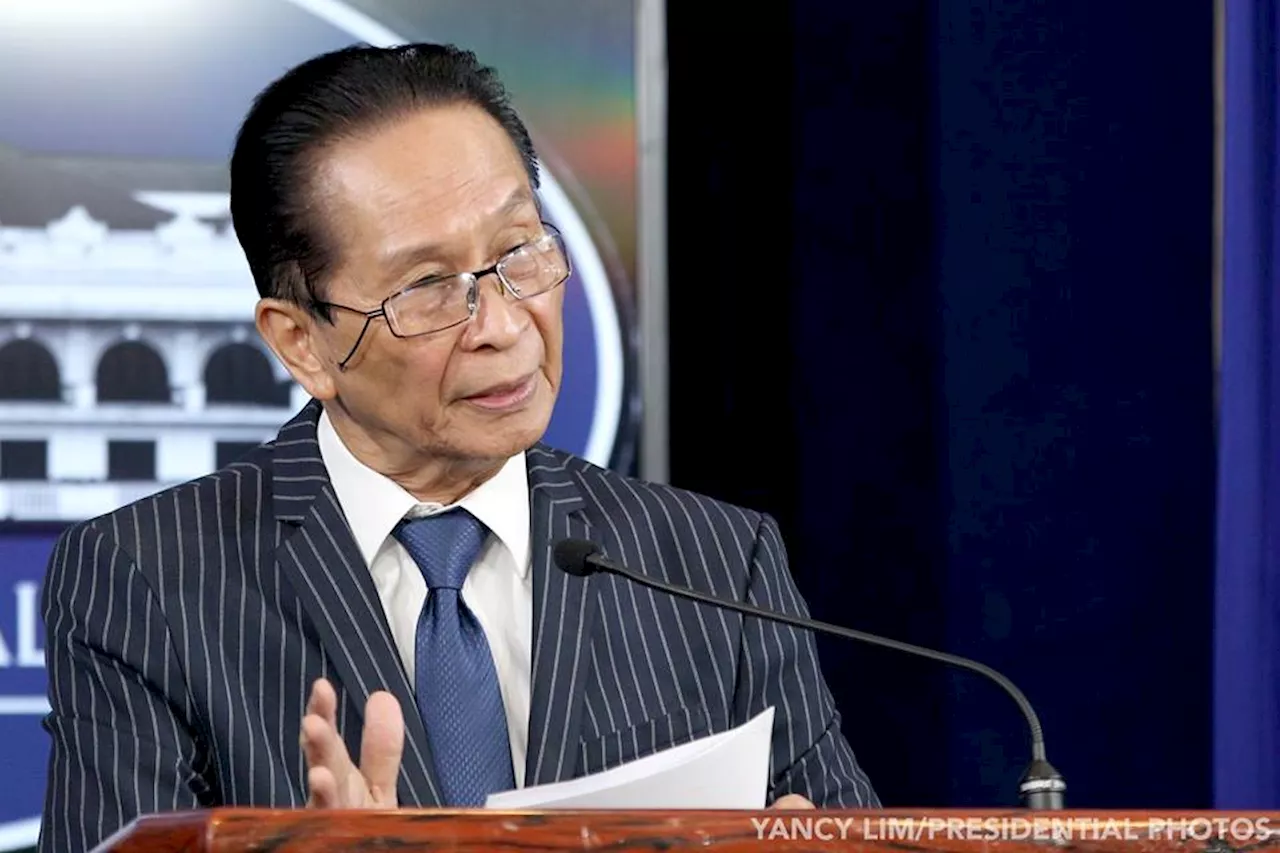 Panelo Calls Marcos' NSC Reorganization 'Dirty Politics', Says Duterte Removal is a 'Brazen Measure'Former presidential spokesperson criticizes President Marcos Jr.'s NSC reorganization, claiming it's an attempt to diminish Vice President Sara Duterte's political influence.
Panelo Calls Marcos' NSC Reorganization 'Dirty Politics', Says Duterte Removal is a 'Brazen Measure'Former presidential spokesperson criticizes President Marcos Jr.'s NSC reorganization, claiming it's an attempt to diminish Vice President Sara Duterte's political influence.
Read more »
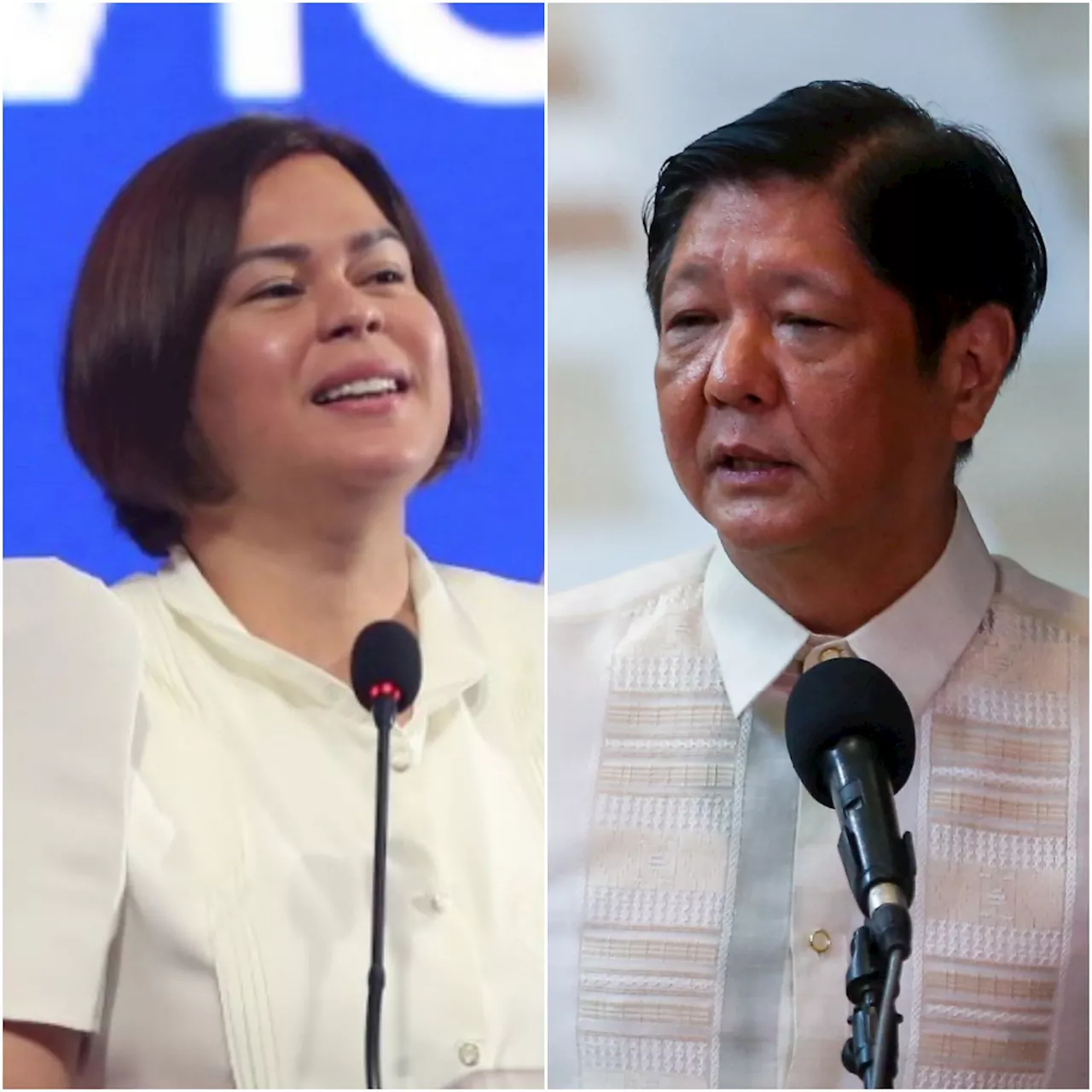 NSC Reorganization Exposes Rift Between Marcos and Duterte FactionsFormer congressman Neri Colmenares says the recent restructuring of the National Security Council (NSC) in the Philippines highlights the growing divide between President Bongbong Marcos and Vice President Sara Duterte's camps.
NSC Reorganization Exposes Rift Between Marcos and Duterte FactionsFormer congressman Neri Colmenares says the recent restructuring of the National Security Council (NSC) in the Philippines highlights the growing divide between President Bongbong Marcos and Vice President Sara Duterte's camps.
Read more »
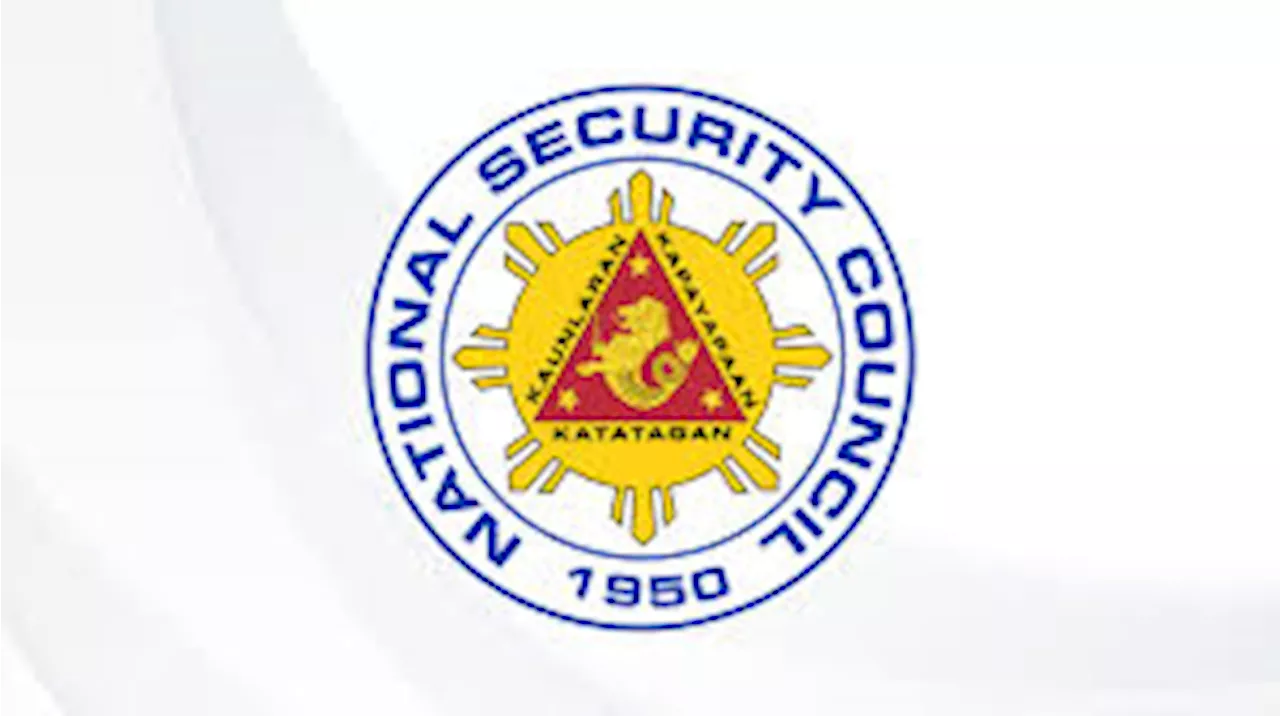 Marcos Jr. Denies Plans for Martial Law, Term Extension Amid NSC ReorganizationMalacañang clarifies that President Ferdinand Marcos Jr. has no intention of declaring martial law or seeking a term extension following the reorganization of the National Security Council (NSC). Executive Secretary Lucas Bersamin emphasizes the administration's focus on economic prosperity, public health and welfare, and legacy projects. The clarification addresses criticisms surrounding Executive Order 81, which reorganized the NSC. Bersamin defends the move as the President's prerogative to ensure his advisors inspire full trust and confidence. Malacañang states the NSC reorganization is part of ongoing efforts to address national security concerns and align government priorities with the administration's vision for sustainable development.
Marcos Jr. Denies Plans for Martial Law, Term Extension Amid NSC ReorganizationMalacañang clarifies that President Ferdinand Marcos Jr. has no intention of declaring martial law or seeking a term extension following the reorganization of the National Security Council (NSC). Executive Secretary Lucas Bersamin emphasizes the administration's focus on economic prosperity, public health and welfare, and legacy projects. The clarification addresses criticisms surrounding Executive Order 81, which reorganized the NSC. Bersamin defends the move as the President's prerogative to ensure his advisors inspire full trust and confidence. Malacañang states the NSC reorganization is part of ongoing efforts to address national security concerns and align government priorities with the administration's vision for sustainable development.
Read more »
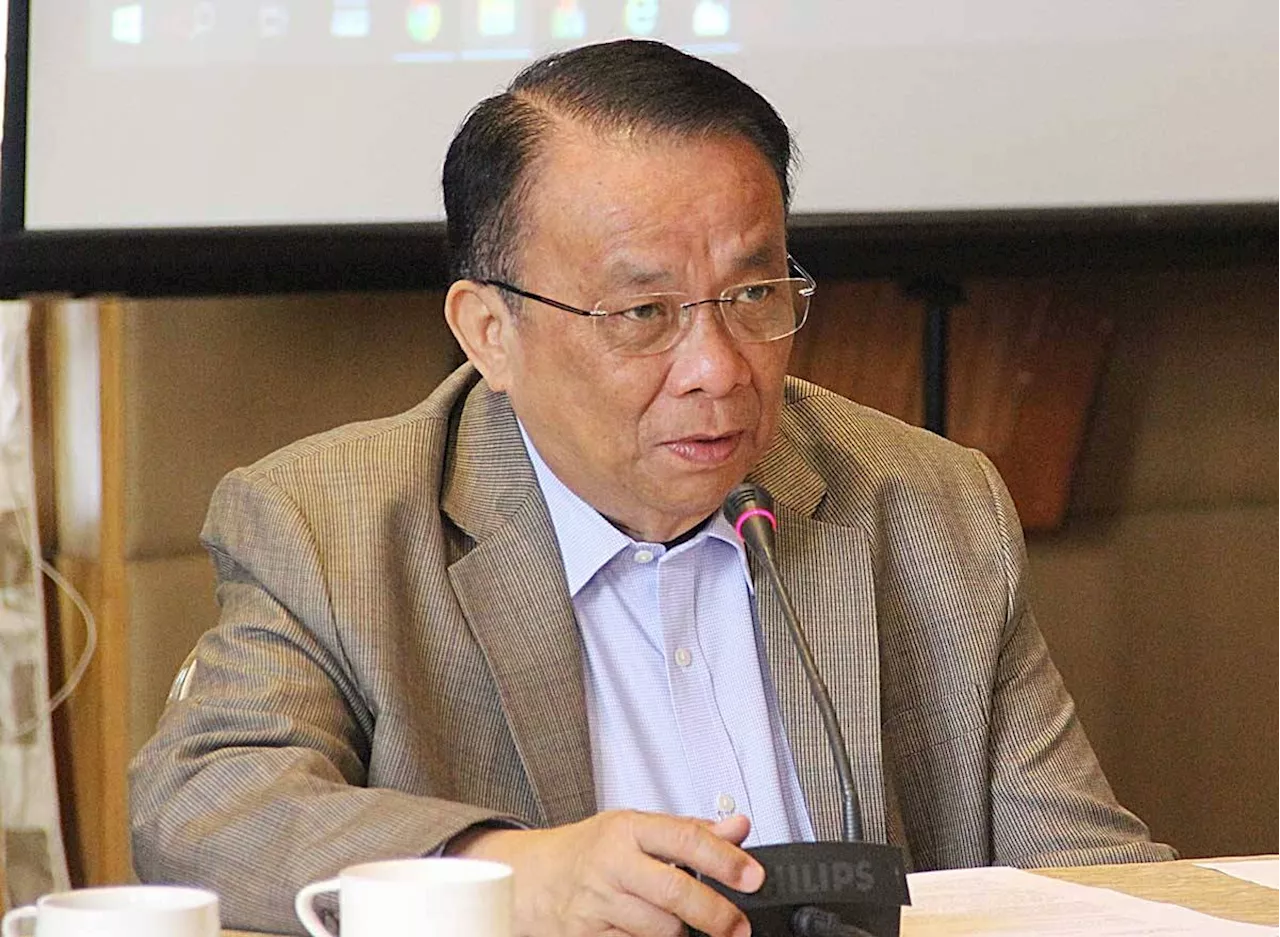 Palace Defends Marcos Jr.'s NSC Reorganization, Slams Duterte Allies' ClaimsMalacañang defends President Ferdinand Marcos Jr.'s decision to reorganize the National Security Council (NSC), dismissing criticisms from former Duterte officials. Executive Secretary Lucas Bersamin rebukes Salvador Panelo and Harry Roque for their claims, asserting that President Marcos has the authority to choose his advisors.
Palace Defends Marcos Jr.'s NSC Reorganization, Slams Duterte Allies' ClaimsMalacañang defends President Ferdinand Marcos Jr.'s decision to reorganize the National Security Council (NSC), dismissing criticisms from former Duterte officials. Executive Secretary Lucas Bersamin rebukes Salvador Panelo and Harry Roque for their claims, asserting that President Marcos has the authority to choose his advisors.
Read more »
 Malacañang Defends Marcos' NSC Reorganization Against Duterte SpokesmenMalacañang defended President Ferdinand Marcos Jr.'s decision to reorganize the National Security Council (NSC), pushing back against criticisms from former President Rodrigo Duterte's spokesmen. Former officials Salvador Panelo and Harry Roque expressed concerns about the move, with Panelo labeling it 'bad politics' and Roque alleging it as a 'prelude to martial law.' Executive Secretary Lucas Bersamin countered these claims, asserting that Marcos has the authority to choose his advisors and emphasizing that Panelo lacked moral standing to criticize due to his past advocacy for excluding then-Vice President Leni Robredo from the NSC.
Malacañang Defends Marcos' NSC Reorganization Against Duterte SpokesmenMalacañang defended President Ferdinand Marcos Jr.'s decision to reorganize the National Security Council (NSC), pushing back against criticisms from former President Rodrigo Duterte's spokesmen. Former officials Salvador Panelo and Harry Roque expressed concerns about the move, with Panelo labeling it 'bad politics' and Roque alleging it as a 'prelude to martial law.' Executive Secretary Lucas Bersamin countered these claims, asserting that Marcos has the authority to choose his advisors and emphasizing that Panelo lacked moral standing to criticize due to his past advocacy for excluding then-Vice President Leni Robredo from the NSC.
Read more »
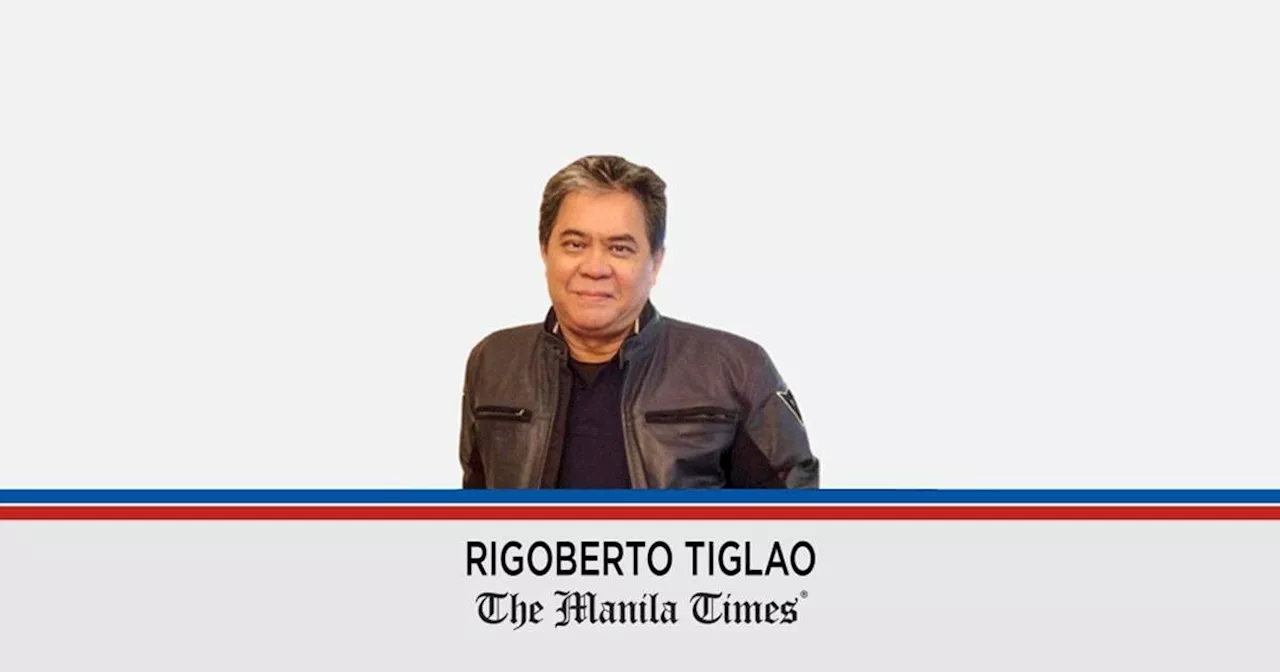 Marcos Jr.'s NSC 'Reorganization' is an Act of Vengeful Egotism and TreasonPhilippine President Ferdinand Marcos Jr. removed Vice President Sara Duterte and former presidents from the National Security Council (NSC), citing national security risks. This move is deemed illegal and an act of vengeful egotism. The article argues that Marcos' decision jeopardizes national security by excluding valuable expertise and political support during potential conflicts with China. It highlights the importance of including the Vice President and former Presidents in the NSC for their insights and influence.
Marcos Jr.'s NSC 'Reorganization' is an Act of Vengeful Egotism and TreasonPhilippine President Ferdinand Marcos Jr. removed Vice President Sara Duterte and former presidents from the National Security Council (NSC), citing national security risks. This move is deemed illegal and an act of vengeful egotism. The article argues that Marcos' decision jeopardizes national security by excluding valuable expertise and political support during potential conflicts with China. It highlights the importance of including the Vice President and former Presidents in the NSC for their insights and influence.
Read more »
